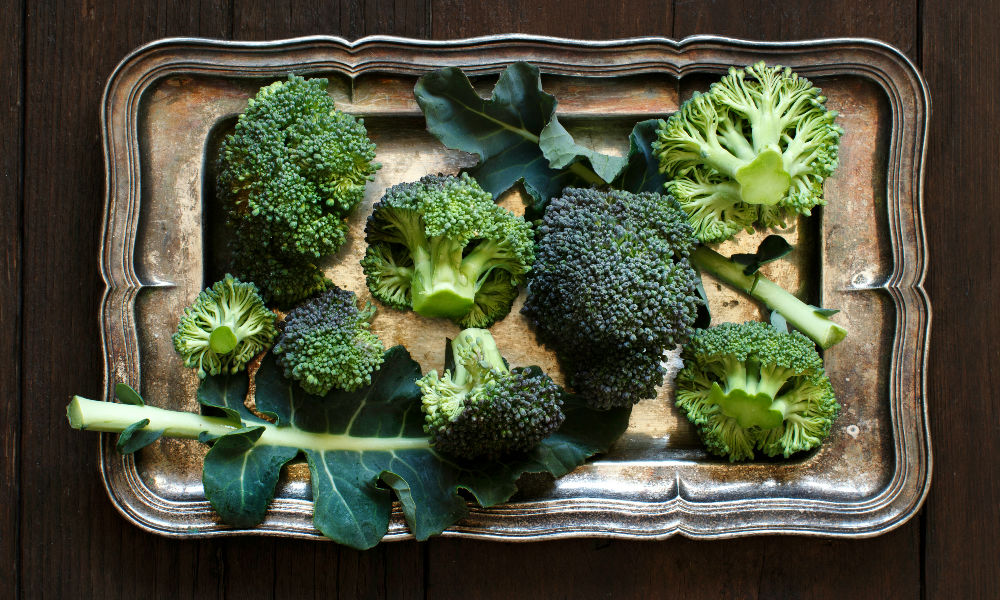Fish, meat and eggs are a rich source of protein and protein is necessary for lots of functions throughout the body, therefore we all need some protein in our daily diet.
Meat is also a good source of vitamin B12 and iron. A diet rich in iron will help prevent iron deficiency anemia. This is a common condition found in children and can result in children having little energy and looking pale. It is recommended that children and adults eat 2 portions of fish a week, one of which should be oily. Tinned fish such as sardines, salmon, mackerel and pilchards highly contains omega 3 fatty acids and have been proven to be beneficial for heart health. White fish like cod, haddock and coley are good sources of protein but are also low in fat.
Eggs are the convenient alternative to meat and are extremely versatile. They can be boiled, scrambled, poached or made into an omelet.
Processed meats and chicken products are often a real favourite with children. They should not be offered too often (aim for no more than once a week) as they tend to be high in fat and salt.
Health Benefits of Meat, Eggs and Fish –
- Meat, poultry, fish, dry beans and peas, eggs, nuts, and seeds supply many nutrients. These include protein, B vitamins (niacin, thiamin, riboflavin, and B6), vitamin E, iron, zinc, and magnesium.
- Proteins function as building blocks for bones, muscles, cartilage, skin, and blood. They are also building blocks for enzymes, hormones, and vitamins. Proteins are one of three nutrients that provide calories in a good amount to the body.
- B vitamins found in this food group serve a variety of functions in the body. They help the body to release energy and plays a vital role in the function of the nervous system, aid in the formation of red blood cells, and help build tissues.
- Iron is used to carry oxygen in the blood. Many teenage girls and women in their child-bearing years have iron-deficiency anemia. They should eat foods high in heme-iron (meats) or eat other non-heme iron containing foods along with a food rich in vitamin C, which can improve absorption of non-heme iron.
- Magnesium is used in building bones and in releasing energy from muscles.
- Zinc is necessary for biochemical reactions and helps the immune system function properly.
- EPA and DHA are omega-3 fatty acids found in varying amounts in seafood. Eating 8 ounces per week of seafood may help reduce the risk for heart disease.




